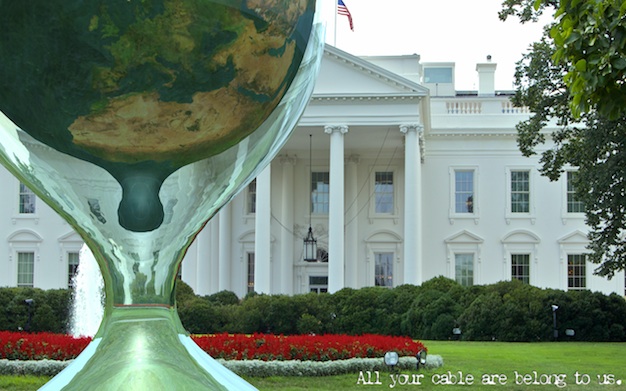 Aftenposten: FARYAB: A VIEW FROM MAIMANA
Aftenposten: FARYAB: A VIEW FROM MAIMANA
"Governor Shafaq, local Afghan National Security Forces (ANSF) leaders, PRT Maimana military and civilian representatives all regard insurgency as the principal challenge facing Faryab province. They express their strongest concerns about Ghormach district, but see the entire "Pashtun belt," stretching northeast along the Turkmenistan border as a haven for anti-government fighters both the ideologically-motivated warriors and the "$10 a day" combatants simply seeking a paycheck. The weak performance of the Afghan Border Police (ABP) and the absence of Turkmenistan forces close to the border facilitate insurgent activity in this corridor. The Governor and the Afghan National Police (ANP) Chief favor the establishment of militias to enhance the counterinsurgency effort. From a governance and development perspective, Faryab presents a fragmented picture: a "Lone Ranger" Governor, a self-styled reformer with little confidence in other government officials; a newly-elected Provincial Council unsure of its role; and line ministry officials with differing approaches to incorporating popular wishes into the province's development plans."
Aftenposten: LIBYAN REACTION TO AQ-LIFG MERGER
"Reaction to the November 3 announcement by al-Qaeda´s second-in-command, Ayman al-Zawahri, that the Libyan Islamic Fighting Group (LIFG) had joined forces with al-Qaeda (AQ) and was calling for the overthrow of Qadhafi´s regime has been relatively muted. The GOL has not yet issued a public statement and its leadership is reportedly divided over the wisdom of doing so. Regime insiders are concerned that the LIFG/AQ announcement could presage a period of political violence that could hurt their personal economic interests, while the reaction of average Libyans has ranged from concern about instability and adverse economic consequences to enthusiasm for the merger."
Aftenposten: EXTREMISM IN EASTERN LIBYA
"A [TEXT REMOVED BY AFTENPOSTEN] recently described for us social, political and economic factors that have contributed to and facilitated participation by a disproportionately large number of eastern Libya´s native sons in "martyrdom acts" and other insurgency operations in Libya and Iraq. A reportedly deliberate GOL policy to keep the east poor as a means by which to limit the potential political threat to Qadhafi´s regime has helped fuel the perception among many young eastern Libyan men that they have nothing to lose by participating in extremist violence at home and in Iraq. The prospect of financial compensation for their impoverished families motivates some, but local pride in eastern Libya´s historical role as a locus of opposition to occupying forces of various stripes is also an important factor. The fact that eastern Libyan mosques are more numerous and remote, together with tight local social networks, has reportedly circumscribed the ability of GOL security organizations to monitor and control the activities of radical imams as effectively as elsewhere in Libya. Unlike the rest of the country, sermons in eastern Libyan mosques are laced with phraseology urging worshippers to support jihad in Iraq and elsewhere through direct participation or financial contributions. While senior regime figures, including Saif al-Islam al-Qadhafi, appear to have recognized that the east merits more attention and investment, the reported ability of radical imams to propagate messages urging support for and participation in jihad despite GOL security organizations´ efforts suggests that claims by senior GOL officials that the east is under control may be overstated."
Aftenposten: DIE HARD IN DERNA
"Frustration at the inability of eastern Libyans to effectively challenge Qadhafi´s regime, together with a concerted ideological campaign by returned Libyan fighters from earlier conflicts, have played important roles in Derna´s development as a wellspring of Libyan foreign fighters in Iraq. Other factors include a dearth of social outlets for young people, local pride in Derna´s history as a locus of fierce opposition to occupation, economic disenfranchisement among the town´s young men. Depictions on satellite television of events in Iraq and Palestine fuel the widespread view that resistance to coalition forces is justified and necessary. One Libyan interlocutor likened young men in Derna to Bruce Willis´ character in the action picture "Die Hard", who stubbornly refused to die quietly. For them, resistance against coalition forces in Iraq is an important act of ´jihad´ and a last act of defiance against the Qadhafi regime."
(Image Credit: Dali Rău)
Theme by Danetsoft and Danang Probo Sayekti inspired by Maksimer